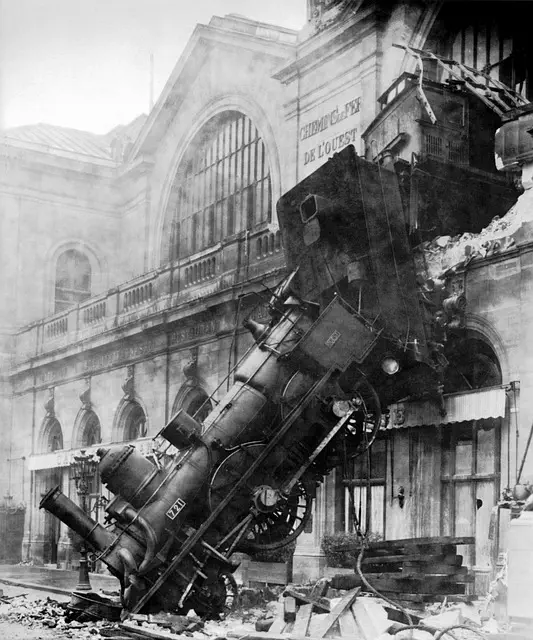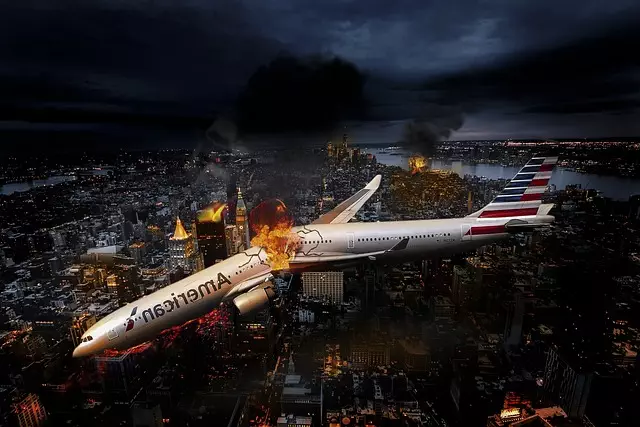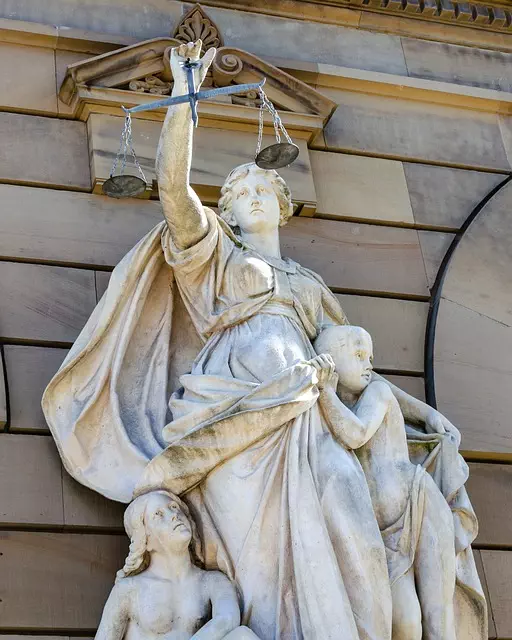Trucking company liability is a critical factor in improving rideshare safety in The Bronx. Legal theories like negligence and vicarious liability determine responsibility when accidents occur, especially if drivers were acting within their employment scope. Rideshare litigation increasingly targets trucking companies for driver conduct to protect passengers and enhance safety standards. The Bronx's dense urban traffic and diverse transportation network present unique challenges due to trucking company liability issues. Effective strategies include addressing driver fatigue, vehicle maintenance, and adherence to regulations, ensuring safe vehicles, training, and background checks. Litigation involves claims of negligence, evidence, and compensation, aiming for fair damages for victims' losses. Strict regulations, data transparency, and communication improve rider safety in The Bronx's rideshare industry.
Rideshare safety litigation is on the rise, with trucking company liability emerging as a key factor. This article explores how The Bronx, a vibrant but challenging urban center, serves as a case study for understanding local safety issues and legal frameworks. We delve into potential hazards like driver fatigue and vehicle conditions, the legal obligations of trucking companies, the litigation process, and preventive measures to enhance rider security in The Bronx.
- Trucking Company Liability: A Key Factor in Rideshare Safety Litigation
- The Bronx as a Case Study: Understanding Local Challenges and Legal Frameworks
- Identifying Potential Hazards: From Driver Fatigue to Vehicle Conditions
- Legal Obligations of Trucking Companies: Duties and Responsibilities
- Litigation Process: Navigating Claims, Evidence, and Compensation
- Preventive Measures and Reforms: Enhancing Safety for Riders in The Bronx
Trucking Company Liability: A Key Factor in Rideshare Safety Litigation

Trucking company liability plays a pivotal role in shaping the safety landscape of rideshare services in areas like The Bronx. When a rideshare accident occurs, determining responsibility often involves complex legal analysis. If a trucker employed by a trucking company is at fault, the company could be held liable under various theories of negligence and vicarious liability. This is especially true if the driver was acting within the scope of their employment during the incident. Rideshare safety litigation in The Bronx has increasingly focused on holding trucking companies accountable for the actions of their drivers to ensure better passenger protection. Understanding these legal aspects is crucial in enhancing rideshare safety measures and protecting the rights of those involved in such incidents.
The Bronx as a Case Study: Understanding Local Challenges and Legal Frameworks

The Bronx, with its dense urban landscape and complex web of transportation routes, serves as a compelling case study for examining local challenges and legal frameworks in rideshare safety litigation. As a bustling hub where multiple modes of transport—including buses, subways, taxis, and rideshare vehicles—coexist, the borough presents unique issues surrounding liability when accidents occur.
Trucking company liability plays a significant role here, as many rideshare services rely on drivers who also operate trucks for delivery or other commercial purposes. Navigating legal responsibilities in such scenarios requires delving into state and local regulations that govern both trucking operations and passenger safety. The Bronx’s labyrinthine legal landscape demands careful consideration of various factors, including driver qualifications, vehicle maintenance standards, and insurance coverage, to ensure the protection of passengers and adherence to the law.
Identifying Potential Hazards: From Driver Fatigue to Vehicle Conditions

Identifying potential hazards in rideshare safety litigation is paramount, especially when considering the responsibilities of trucking companies in The Bronx. Driver fatigue stands out as a significant concern; long hours and demanding schedules can impair a driver’s ability to operate safely, leading to accidents. Ensuring adequate rest periods and implementing rigorous screening processes for drivers are crucial steps towards mitigating this risk.
Vehicle conditions are another critical factor. Regular maintenance checks and prompt repairs of mechanical issues are essential to prevent breakdowns or malfunctions that could endanger passengers. Trucking companies in The Bronx must maintain meticulous records of vehicle upkeep, including timely service, inspection reports, and driver feedback on vehicle performance, to demonstrate their liability and commitment to safety.
Legal Obligations of Trucking Companies: Duties and Responsibilities

Trucking companies in The Bronx, like elsewhere, have legal obligations and duties of care towards passengers they transport. These responsibilities are crucial to ensuring safety throughout the rideshare experience. They include providing a safe vehicle maintained to industry standards, ensuring proper driver training and screening, and adhering to local traffic laws. Failure to meet these standards can result in significant liability if accidents or injuries occur. Trucking company liability extends to damages for medical expenses, pain and suffering, and even wrongful death, should their negligence directly contribute to an incident.
Litigation Process: Navigating Claims, Evidence, and Compensation

The litigation process in Rideshare Safety Litigation, especially in The Bronx, involves meticulous navigation through a labyrinth of claims, evidence, and compensation. Each step is crucial to ensure fairness for all parties involved, including victims and trucking companies alike.
Claims often center around negligence, with plaintiffs presenting evidence such as medical records, police reports, and witness statements to prove that the rideshare company or driver failed to exercise reasonable care. In cases involving trucking companies, liability can be complex due to the involvement of multiple entities, requiring a thorough investigation into contractual agreements, insurance policies, and operational procedures. The goal is to establish direct responsibility for any safety breaches that led to accidents or injuries. Compensation should accurately reflect the extent of damages, including medical expenses, lost wages, and pain and suffering, ensuring victims receive fair redress while holding accountable those responsible for their well-being.
Preventive Measures and Reforms: Enhancing Safety for Riders in The Bronx

In The Bronx, enhancing rider safety involves a multi-faceted approach focusing on preventive measures and reforms. One key area is holding trucking companies accountable for their drivers’ actions. Given the high volume of rideshare services in the city, strict enforcement of regulations regarding driver training, background checks, and vehicle maintenance is crucial. This includes ensuring that drivers are properly licensed and have undergone comprehensive safety training specific to urban environments like The Bronx, known for its dense traffic and unique road conditions.
Reforms should also address data transparency and communication between rideshare companies, authorities, and riders. Effective systems for reporting and tracking incidents can help identify patterns and areas needing improvement. Additionally, educating both drivers and passengers about safety protocols, emergency procedures, and the responsibilities of each party can create a safer overall experience. These measures collectively work towards mitigating risks and fostering trust in the rideshare industry within The Bronx.
The discussion highlights the complex interplay between trucking company liability and rideshare safety in The Bronx. By understanding local challenges, identifying potential hazards, and exploring legal obligations, we can navigate the litigation process more effectively. Preventive measures and reforms are crucial to enhancing rider safety, ensuring that both drivers and passengers are protected. As these issues persist, continued dialogue and collaborative efforts between stakeholders are essential to fostering a safer rideshare environment in The Bronx and beyond.
